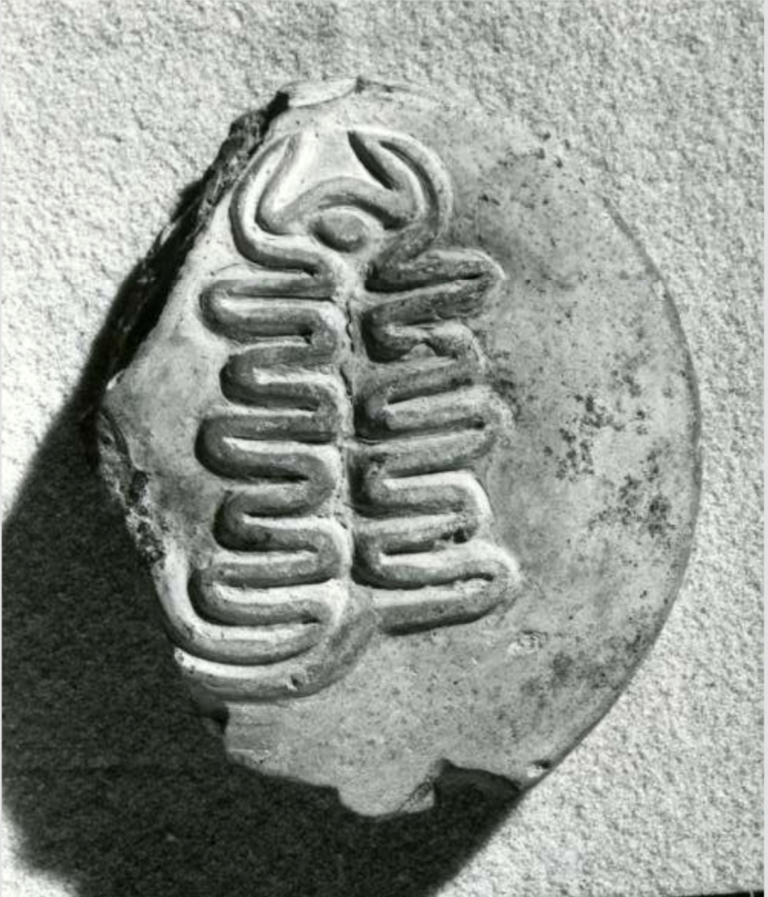Poetry as History Analysis: Seeking Ancient Egypt’s Urban History in Percy Shelley’s Ozymandias
Percy Shelley’s poem ‘Ozymandias’ serves as an analytical lens for both the Europeanisation of contemporary notions of ancient Egypt, and is itself a testament to the legacy of Ramasses II’s legacy.










